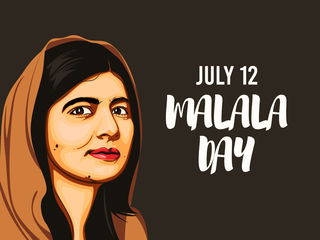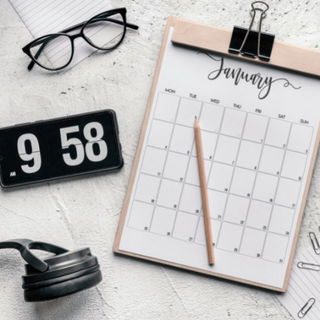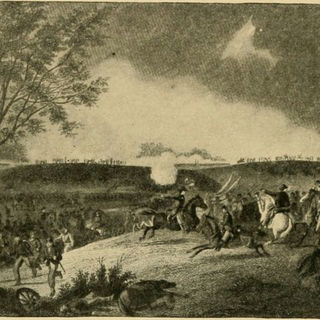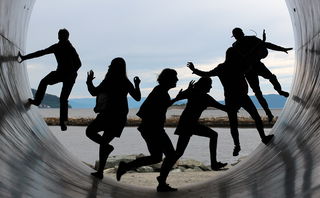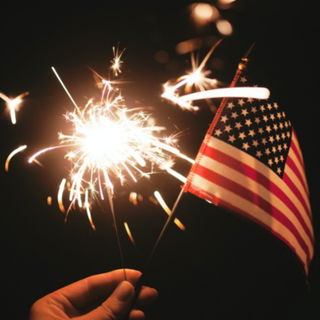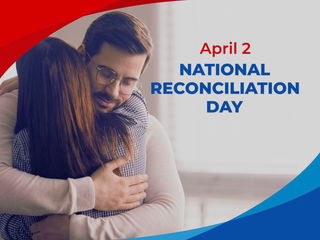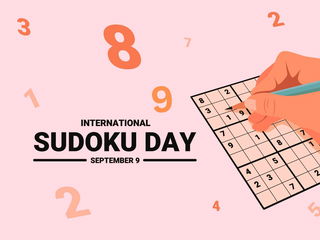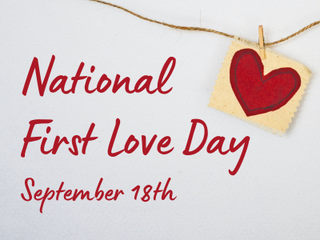- Calendar
- Calendar 2025
- September
- Patriot Day
Patriot Day
Patriot Day is observed on September 11 each year, and due to its deep significance, many refer to it simply by its date: September 11 or 9/11. It is also known as the 9/11 National Day of Service and Remembrance.
While Patriot Day is an annual observance in the United States, it is not a federal holiday. Schools and businesses remain open, and daily routines continue as usual.
The day is marked by numerous commemorative ceremonies and remembrance events across the country. These ceremonies often include moments of silence, the reading of victims' names, and tributes to first responders and civilians who lost their lives or were impacted by the tragic events of September 11, 2001.
As of September 2025, 24 years have passed since the attacks, which profoundly changed the nation and the world.
Patriot Day serves as a solemn reminder of the lives lost, the heroism displayed, and the resilience shown by communities in the face of tragedy. It is a day for reflection, unity, and commitment to service, as individuals and groups participate in various acts of kindness, volunteer efforts, and community service projects to honor the memory of those affected.
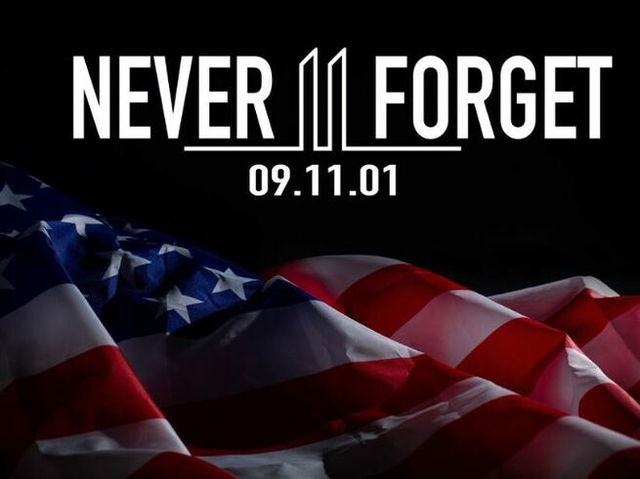
The Importance Of September 11
On Tuesday, September 11, 2001, 19 Islamist extremists carried out a series of coordinated terrorist attacks orchestrated by the group Al-Qaeda.
These terrorists hijacked four commercial airplanes, turning them into weapons of mass destruction. Their actions resulted in the deaths of 2,977 people and left thousands more injured.
The attacks began in the morning when two planes, American Airlines Flight 11 and United Airlines Flight 175, were flown into the North and South Towers of the World Trade Center in New York City.
The impact and resulting fires caused both towers to collapse, leading to catastrophic loss of life and widespread destruction.
A third plane, American Airlines Flight 77, was crashed into the Pentagon in Arlington, Virginia, severely damaging the west side of the U.S. military headquarters.
The fourth plane, United Airlines Flight 93, was headed for another target in Washington, D.C., but crashed into a field in Pennsylvania after passengers and crew heroically fought back against the hijackers.
This act of bravery prevented further destruction and saved countless lives.
Among the nearly 3,000 lives lost were hundreds of police officers and firefighters who rushed to the scene to conduct rescue and evacuation efforts.
Their heroic actions saved many, even as they sacrificed their own lives.
The September 11 attacks are widely considered the deadliest terrorist incident in world history, leading to profound changes in global security policies, aviation protocols, and counterterrorism efforts.
The tragedy also united people around the globe in grief, resilience, and solidarity, sparking a lasting commitment to supporting victims and combating terrorism.
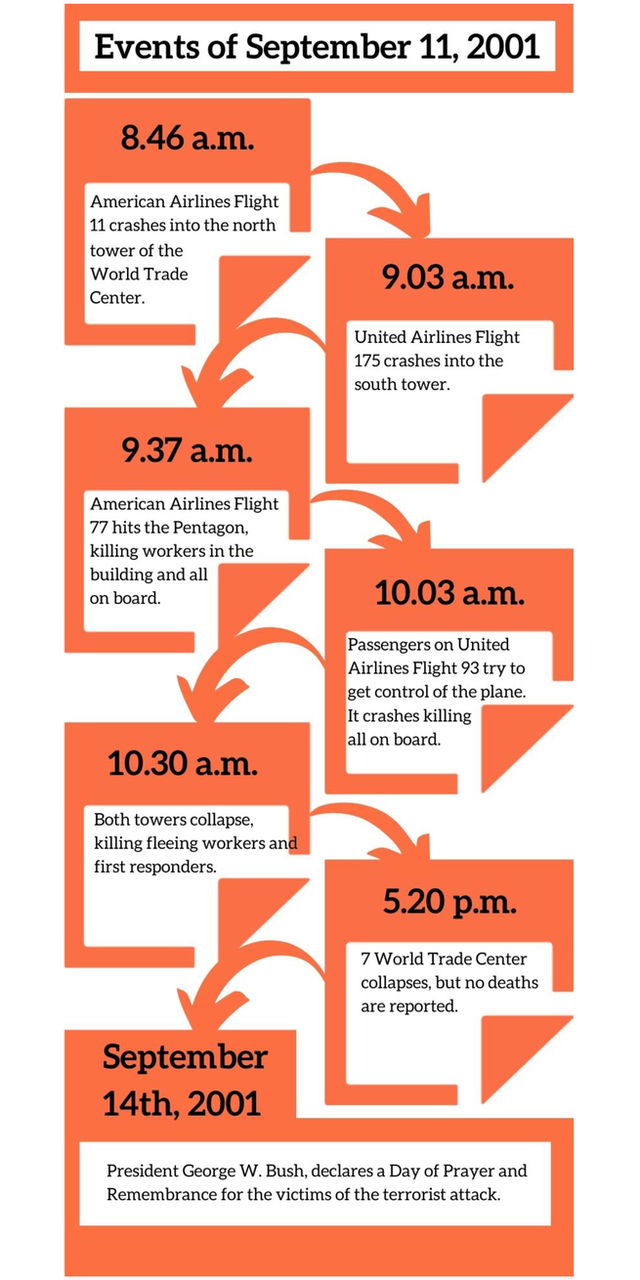
Consequences of the attacks
Military Action
A week after the attacks, on September 18, President Bush signed a joint resolution “To authorize the use of the United States Armed Forces against those responsible for the recent attacks launched against the United States.”
As a result of this joint resolution, military action was started in Afghanistan, followed by action in Iraq and Yemen.
War on Terror
During an address to Congress on September 20, President Bush used the expression “war on terror” to describe the battle against Al-Qaeda and The Taliban.
Our war on terror begins with al Qaeda, but it doesn't end there.
It will not end until every terrorist group of global reach has been found, stopped and defeated.
President Bush called for an international response to the war on terror. His largest ally was UK Prime Minister Tony Blair who supported US military action with British troops.
The Patriot Act
This act was written up on Oct. 26, 2001, in response to the terrorist attack and with the aim of preventing future attacks. The Act had ten sections:
- Enhancing domestic security against Terrorism
- Enhanced surveillance procedures
- International money laundering abatement and anti-terrorist financing act of 2001
- protecting the border
- Removing obstacles to investigating terrorism
- Providing for victims of terrorism, public safety officers, and their families
- Increased information sharing for critical infrastructure protection
- Strengthening the criminal laws against terrorism.
- Improved Intelligence
- Miscellaneous
The section 'Enhancing surveillance procedures' was controversial and criticized by many as it allowed the US Government to record and surveil phone and email conversations of US citizens.
How to Observe Patriot Day
All around the country, people observe a moment of silence at 8.46 am, but many people also do that at 9.03 am, 9.37 am, and 10.03 am, commemorating each moment that a plane crashes.
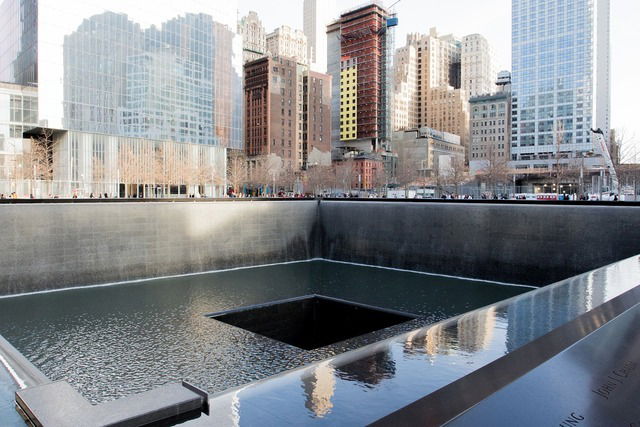
Many people travel to the National 9/11 Memorial and other memorial sites to honor the victims and lay flowers. There is a special ceremony held on Memorial Plaza for the family members of those killed in the attacks, during which the names of the victims are read out. Churches near ground zero also hold remembrance services for the public.
Each year, the President issues a proclamation that citizens should participate in appropriate activities in honor of the victims. It also instructs all Federal facilities and citizens worldwide to fly the United States flag at half-mast, from sunrise to sunset.
As a mark of respect to honor those who lost their lives and their loved ones, a familiar quote associated with Patriot Day has come to be “We will never forget”, or, “never forget”.
There are also volunteer and service opportunities in local communities, particularly to provide support and assistance to veterans and survivors. Organizations specific to 9/11 include MyGoodDeed, which founded the now federally recognized September 11 National Day of Service and Remembrance.
Remembering the saviors of 9/11
Welles Crowther: The man in Red Bandana
Welles Crowther was a 24-year-old man who worked as an equity trader and previously volunteered as a firefighter during his teenage years. On September 11 when Flight 175 hit the South Tower of the World Trade Center, where he worked, he started helping people escape.
Crowther knew the way to the stairs that led downstairs which is why he kept helping more and more people out. During this, he was wearing a red bandana around his face to protect himself from the smoke in the building. His body was finally recovered later beside several other firefighters.
Rick Rescorla
Rick Rescorla was a retired Army Officer who also worked in the South Tower of the World Trade Center. Rescorla was already familiar with what to do in case of a terrorist attack since he had witnessed a similar one in 1993 when the North Tower was bombed.
When the first hijacked plane hit the North Tower, he asked everyone in his office to leave immediately using a bullhorn. Since Rick had already trained his co-workers through the safety drill practices they performed for years, over 2700 of his co-workers and employees were saved. However, he died in an attempt to save more people.
Beau Doboszenski
Beau Doboszenski was an Army Specialist who was working as a tour guide at the Pentagon premises when Plane 77 crashed. He was so far away from the site that he could not even hear the plane crash. However, instead of escaping, he rushed to the site to give medical aid to the injured as he was a trained EMT (Emergency Medical Technician)
Beau Doboszenski also joined a team of six people who went inside the burning building to help the remaining survivors.
Michael Benfante and John Cerqueira
When the planes hit the World Trade Center on September 11, 2001, stairs were the only way out for people on top floors. It was a very difficult task because of the flames and smoke which engulfed the 110 storied building.
In these dangerous conditions, two co-workers Michael Benfante and John Cerquerira helped carry Tina Hansen, a woman in a wheelchair, down 68 flights of stairs in the building
Fortunately, the three of them survived and continue to live their lives with much courage.
It's important to note that Patriot Day is not the same as Patriots' or Patriots' Day, which commemorates the first battles of the American Revolutionary War.
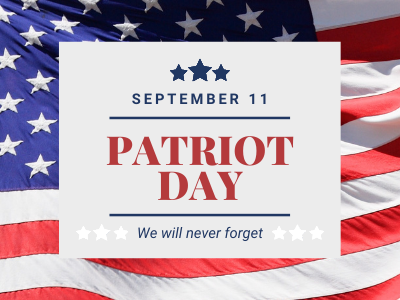
Other Celebrations
-
May 01 Thu
-
Sep 16 Tue
-
Sep 21 Sun
-
Sep 23 Tue
-
Feb 16 MonPresidents' Day Holiday
-
Apr 20 Mon

Patriot Day - Next years
Friday, 11 September 2026
Saturday, 11 September 2027
Monday, 11 September 2028

